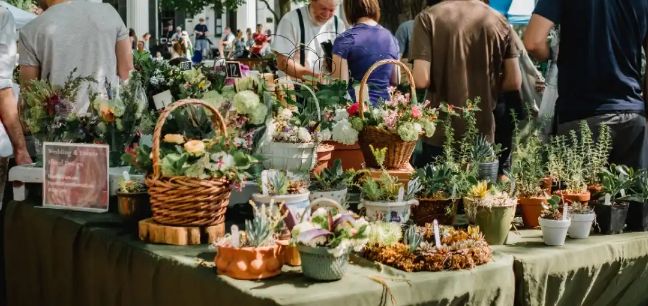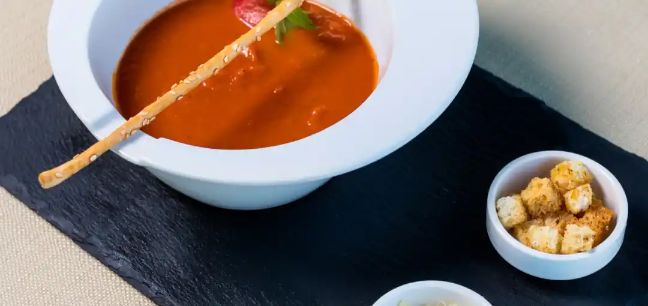Traditional vs. Modern: The Diverse Styles of African Fashion
4 min read
25 Apr 2024
African fashion is a vibrant and ever-evolving tapestry that weaves together tradition, innovation, and cultural diversity. With a rich heritage spanning centuries, African fashion has not only preserved its traditional roots but has also embraced modern influences. In this exploration, we'll delve into the intriguing interplay between traditional and modern African fashion, showcasing the diversity and dynamism of this thriving industry.
Traditional African Fashion: A Cultural Legacy
Traditional African fashion is a testament to the continent's diverse cultures, each with its unique styles and garments. These traditional garments serve as more than just clothing; they are symbols of identity, heritage, and storytelling. Here are some examples of traditional African fashion:

1. Dashikis and Kaftans: Dashikis and kaftans are loose-fitting, robe-like garments often adorned with intricate embroidery and vibrant colors. They are commonly worn across West Africa and the Sahel region and serve as traditional attire for various occasions, from weddings to festivals.
2. Kente Cloth: Kente cloth, originating from Ghana, is renowned for its colorful woven patterns. Each pattern holds a specific meaning, and the cloth is traditionally worn as a symbol of cultural pride and prestige.
3. Maasai Beadwork: The Maasai people of East Africa are known for their intricate beadwork. Beaded jewelry, collars, and headdresses are integral to Maasai culture and are worn during significant ceremonies and rituals.
4. Moroccan Djellabas: Djellabas are long, flowing robes with hoods, commonly worn in North Africa, particularly Morocco. They are practical garments for desert climates and are often intricately embroidered.
5. Ankara and Kitenge Fabrics: Ankara (Nigerian) and Kitenge (East African) fabrics are characterized by their vibrant, wax-resistant prints. These fabrics are used to create a wide range of traditional garments, from dresses to headwraps.
Modern African Fashion: A Fusion of Tradition and Innovation
Modern African fashion represents a fusion of traditional elements with contemporary aesthetics. It embraces innovation, versatility, and global influences while paying homage to its cultural roots. Here are some key aspects of modern African fashion:
1. African Print Fashion: African print fabrics, such as Ankara and Kitenge, have transcended traditional boundaries. They are now used to create a wide array of modern clothing, from tailored suits to casual dresses. African print fashion has gained international recognition and is a symbol of African pride.
2. Afrofuturism: Afrofuturism is an artistic and cultural movement that envisions a future rooted in African heritage. It often manifests in avant-garde fashion, blending traditional African elements with futuristic designs and materials.
3. Contemporary African Designers: A new generation of African designers has emerged on the global fashion scene. Names like Duro Olowu, Alphadi, and Lisa Folawiyo are celebrated for their innovative designs that combine traditional craftsmanship with modern silhouettes.
4. Sustainable Fashion: African fashion designers are increasingly embracing sustainability. They prioritize eco-friendly materials, ethical production practices, and the use of recycled and upcycled fabrics. Sustainability aligns with the traditional values of resourcefulness and respect for the environment.
5. Global Influence: African fashion is making its mark on the global stage. High-end designers and fashion houses draw inspiration from African prints, textiles, and techniques, incorporating them into their collections. This global influence underscores the universal appeal of African fashion.
The Intersection of Tradition and Modernity
The beauty of African fashion lies in its ability to seamlessly blend tradition and modernity. Whether through the incorporation of traditional textiles into contemporary designs or the adaptation of age-old techniques to create innovative pieces, African fashion captures the essence of a dynamic and evolving culture.
Personal Expression and Identity
For many Africans and individuals of African descent, fashion is a means of personal expression and a celebration of identity. It is a way to honor one's cultural heritage while embracing the global influences that shape our interconnected world. African fashion allows individuals to tell their stories through clothing, bridging the gap between tradition and modernity.
A Cultural Legacy for the Future
As African fashion continues to evolve, it carries with it the legacy of centuries of craftsmanship, storytelling, and cultural significance. It serves as a testament to the resilience and creativity of African communities across the continent and the diaspora. Whether traditional or modern, African fashion is a celebration of diversity, innovation, and the enduring beauty of cultural heritage. It is a tapestry that weaves together the threads of the past, present, and future, inviting us all to be part of its rich narrative.



